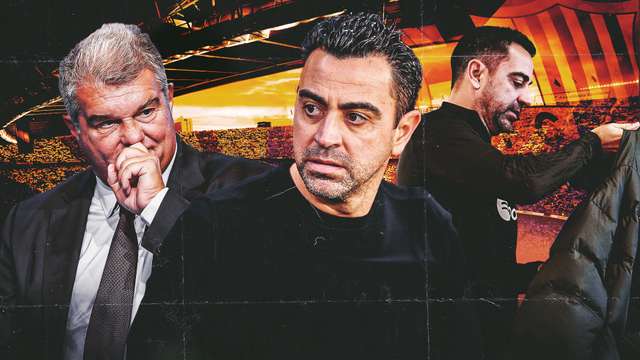COMMENT By Solace Chukwu
No nation has yet won a World Cup led by a coach from outside of itself.
It is one of those rather meaningless truths - after all, the vast majority of countries appoint indigenous coaches, and yet only seven have a World Cup win to their name. Still though, when one considers the role of the national team manager, a kernel of wisdom begins to appear.
Considering there is usually very little time available for detailed tactical preparation, the role can simply require a feel for the human side and an understanding of human psychology, as opposed to the didactic rigour of management at club level.
Spain won the World Cup in 2010 under Vicente Del Bosque, an avuncular, mustachioed character who had the respect of the dressing room and projected calm. Few would argue that he had any great tactical input.
This is where perhaps having a coach with a read on the temperament to the players is valuable. When faced with a challenge, he is better able to tap into their frame of mind, to hit the right note and elicit an appropriate mental response. With Nigeria drawn as (on paper) the weakest team in Group D, it may be playing from the heart, rather than the head, that sees the Super Eagles upset the odds.
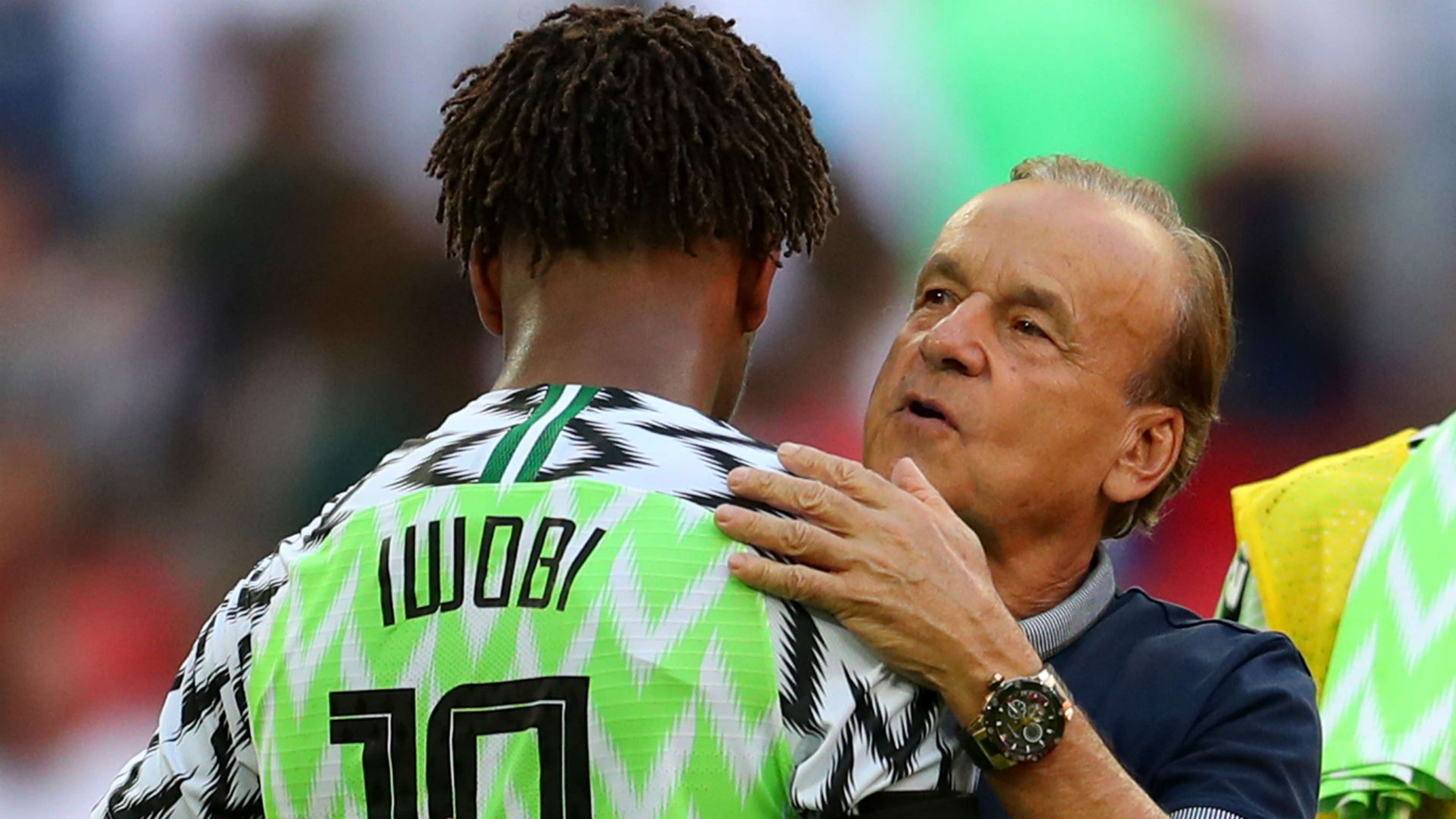 Getty
Getty
Indeed, it was interesting to read the recent quotes by Javier Mascherano on Nigeria in The Guardian, and observe the manner in which it was received.
"They're tough...because their disorganization has the effect of disorganizing you as a rival," said the former Barcelona man, "and that's when teams like ours suffer the most—in disorder."
The reaction to this was peculiar, as the majority viewed it as a thinly-veiled insult. However, consider it devoid of ego, and it is easy to see that it is quite true: most of Nigeria's most famous footballing victories on the world stage have been achieved by giving vent to raw emotion and thriving on the resultant chaos.
The come-from-behind wins against Argentina and Brazil at the 1996 Olympic Games, as well as the victory over Spain at the 1998 World Cup are fine examples of this approach. Tight, tactical games have tended not to favour Nigeria, mainly because it means playing on the terms of the opposition.
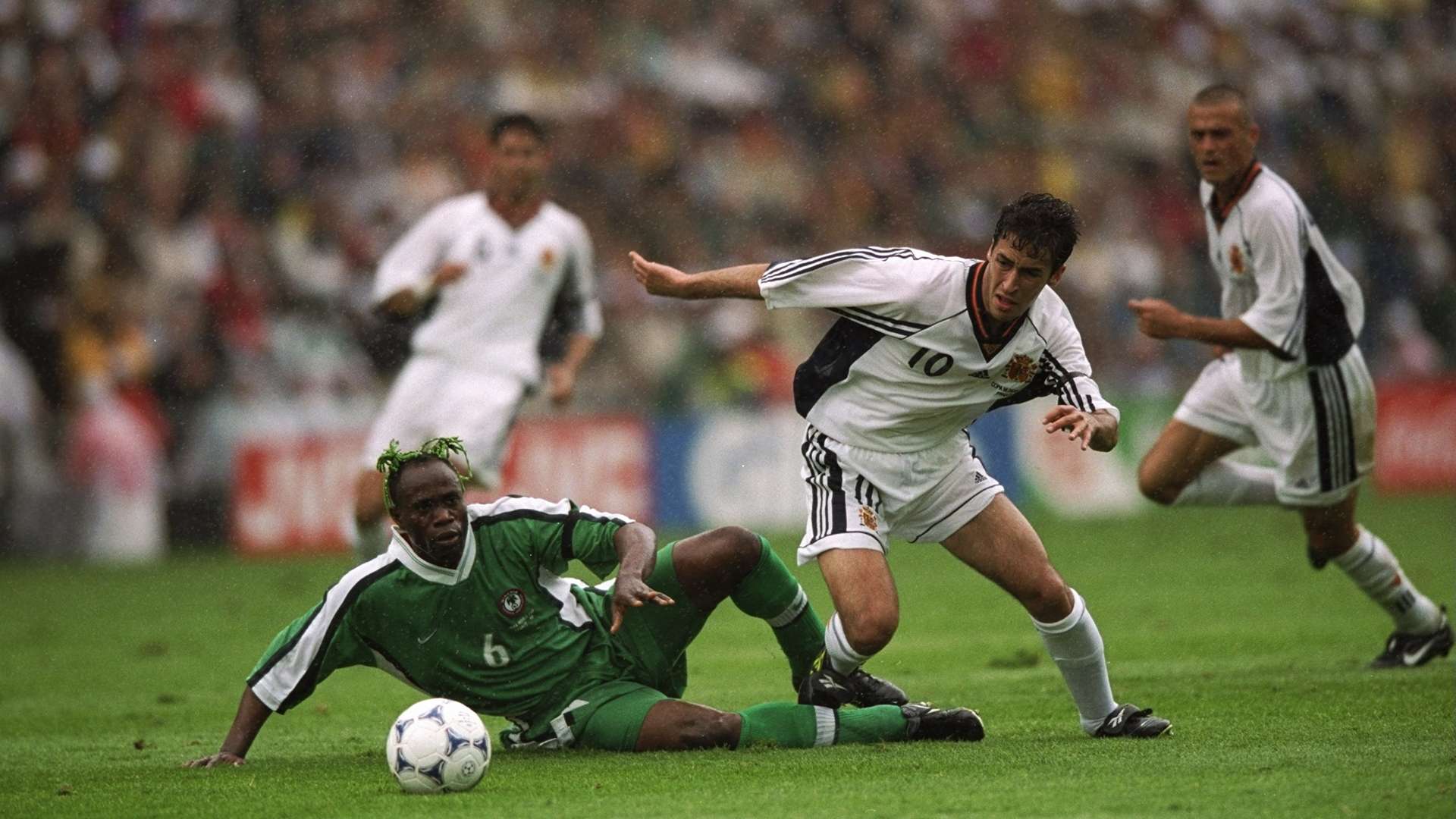
Much of the apprehension Mascherano evinces in his summation is from experiencing, first-hand, just how difficult it can be to wrestle back control of a game once it descends into disorder.
In November's defeat to Nigeria in Krasnodar, Argentina controlled the game and played on their own terms, and went into the break ahead, only to return to utter bedlam as Rohr's side roared back to win 4-2.
So far under the 64-year-old, there has been an efficient, almost stereotypically German feel to how the national team has functioned. Qualification for the World Cup was achieved almost matter-of-factly, and that calm, structured approach has certainly permeated the team's operations off the pitch.
However, on it, Nigeria risks losing what makes it so distinct.
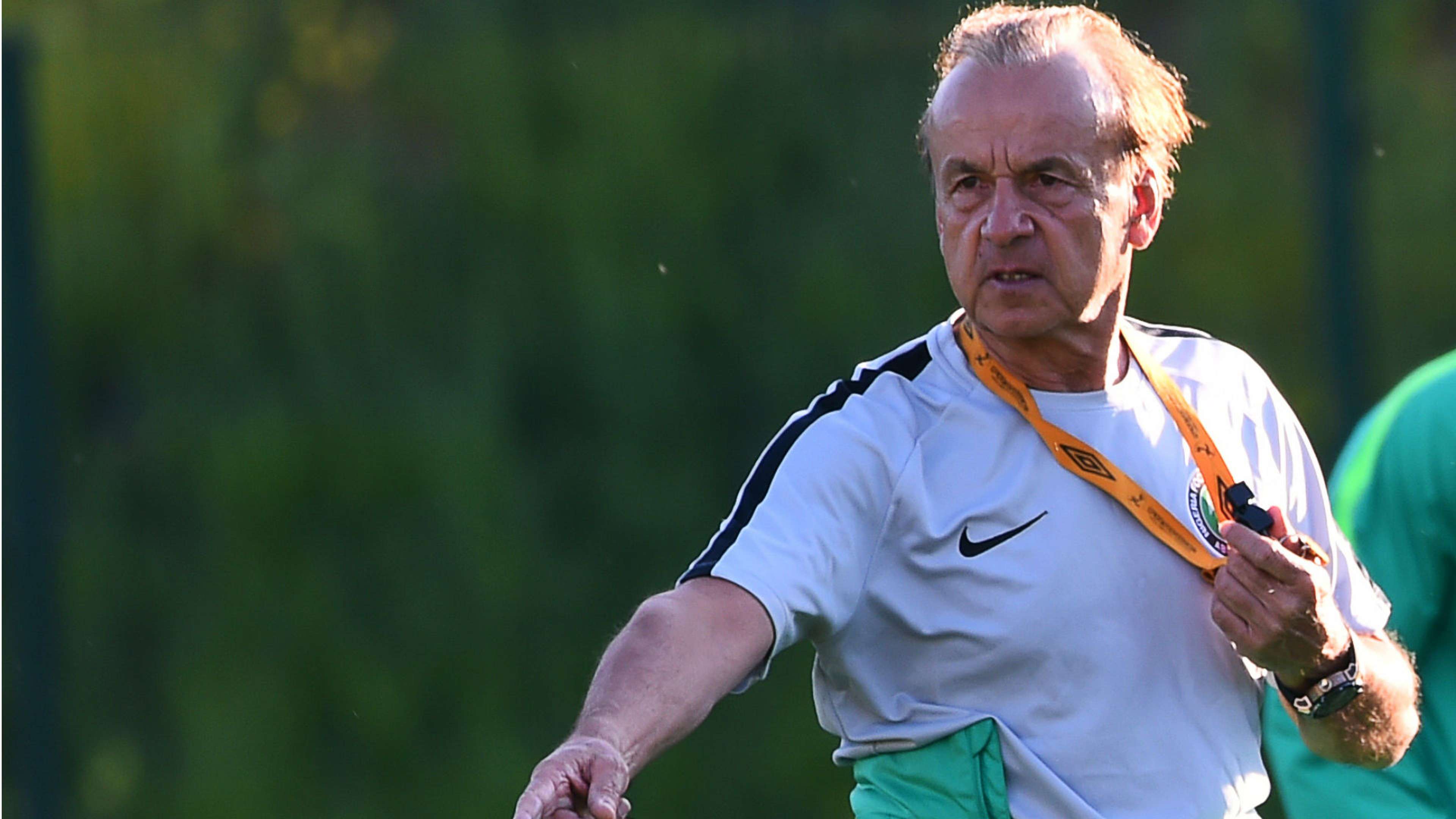 Getty
Getty
When you get right down to it, you can win either by addressing your weaknesses or emphasizing your strengths.
In terms of playing out tight, tactical battles of wits, the Super Eagles are unlikely to best either of Argentina or Croatia. Take them out of that comfort zone, however, and make them play in a manner to which they are unaccustomed, and victory is much more likely.
It's the same principle as pressing, for instance.
Rohr's strength so far has been in imbuing a young team with a fair amount of structure and discipline. They achieved qualification, which was arguably par for the course. However, if the Eagles are to truly overachieve, he will need to give them free rein, and let the madness in.
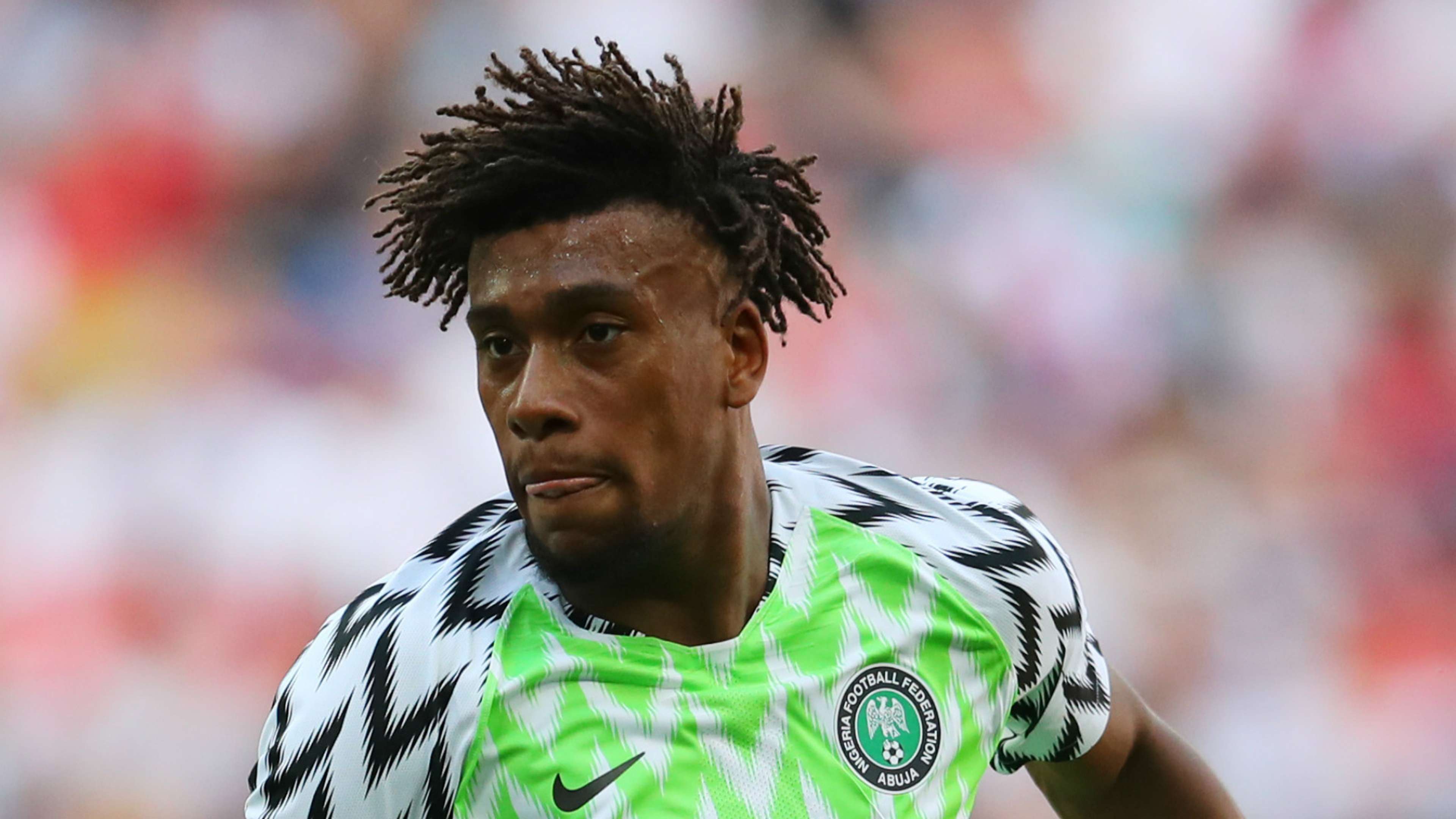
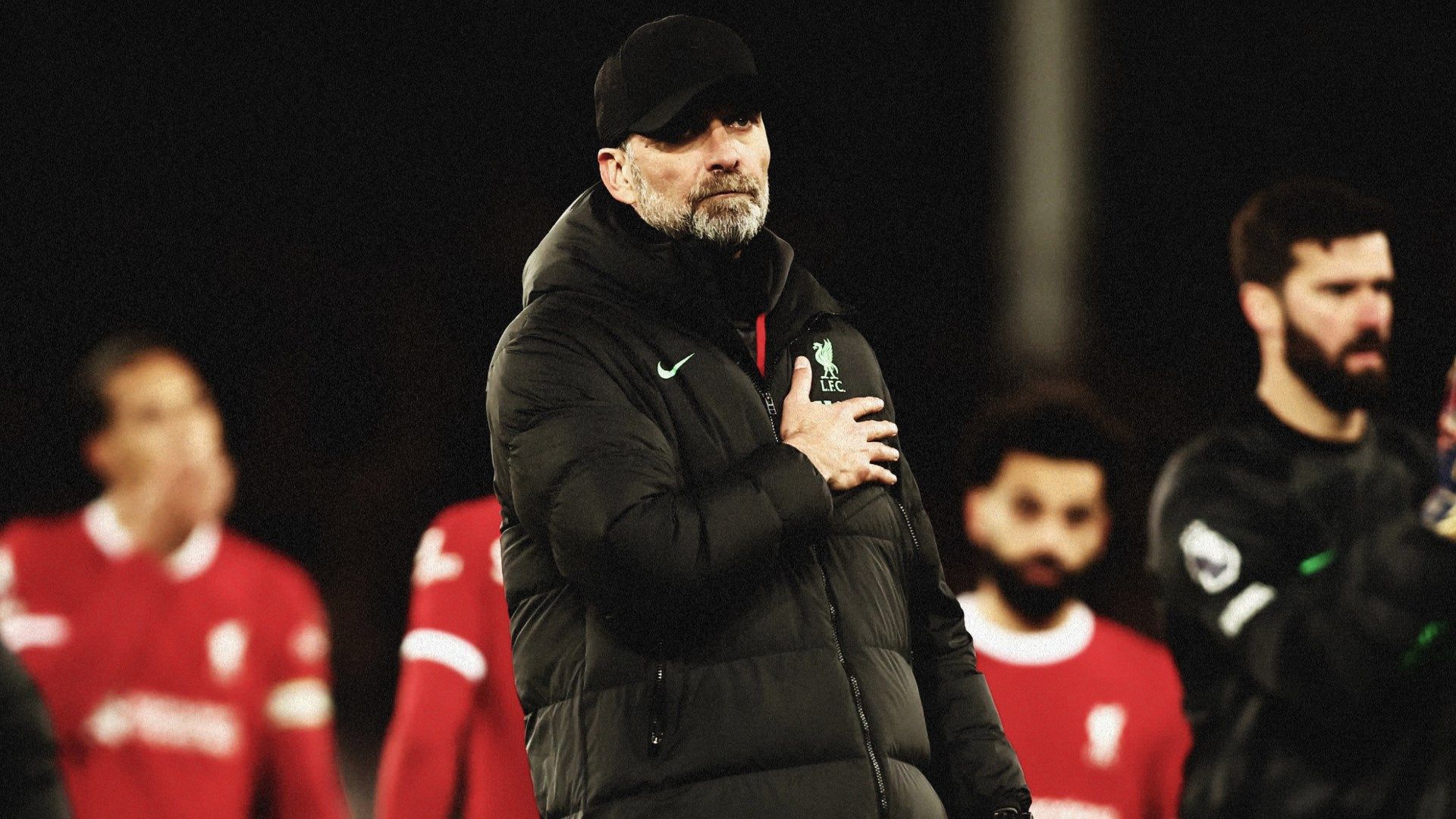.jpg?auto=webp&format=pjpg&width=640&quality=60)
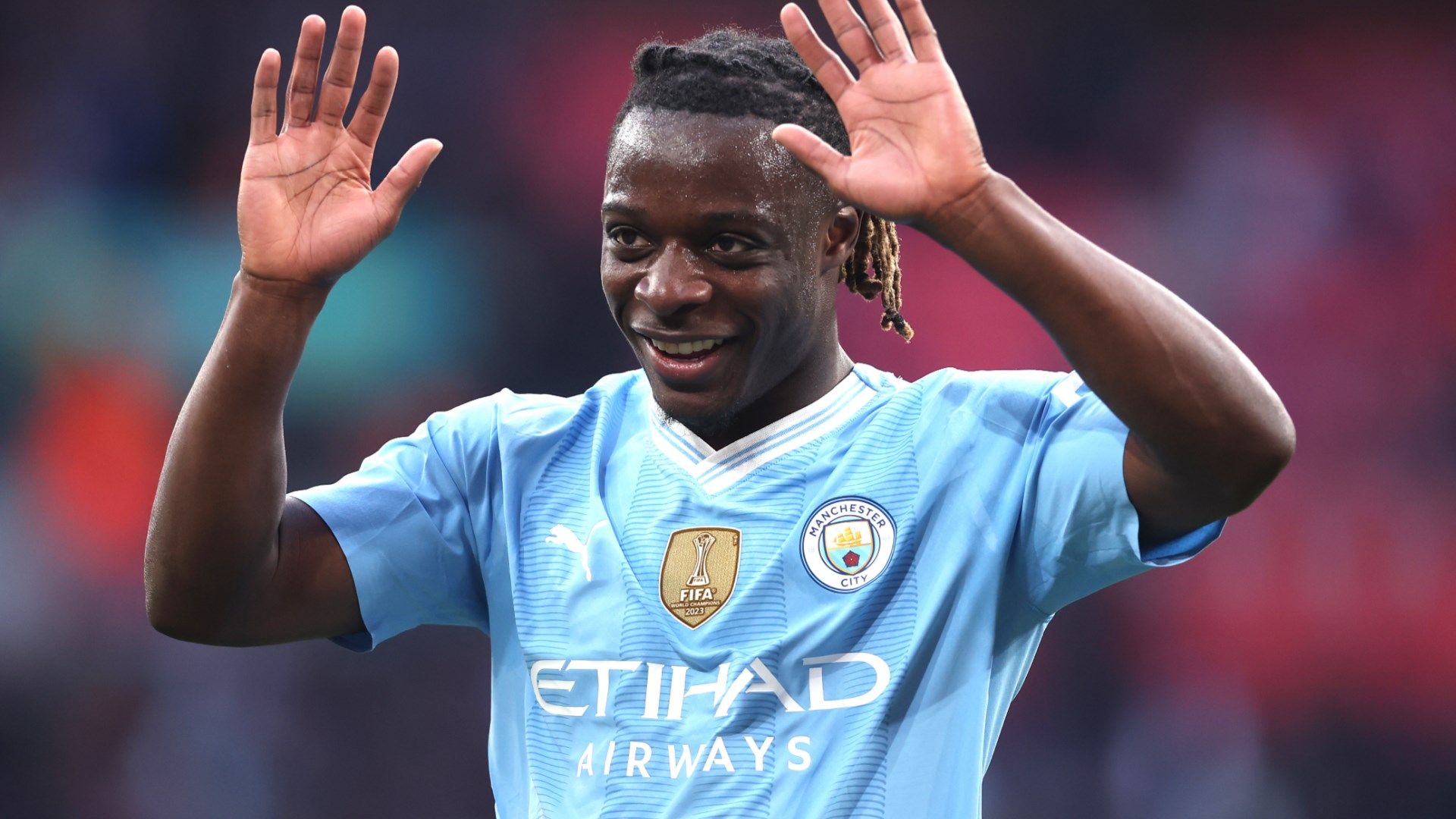.jpg?auto=webp&format=pjpg&width=640&quality=60)
